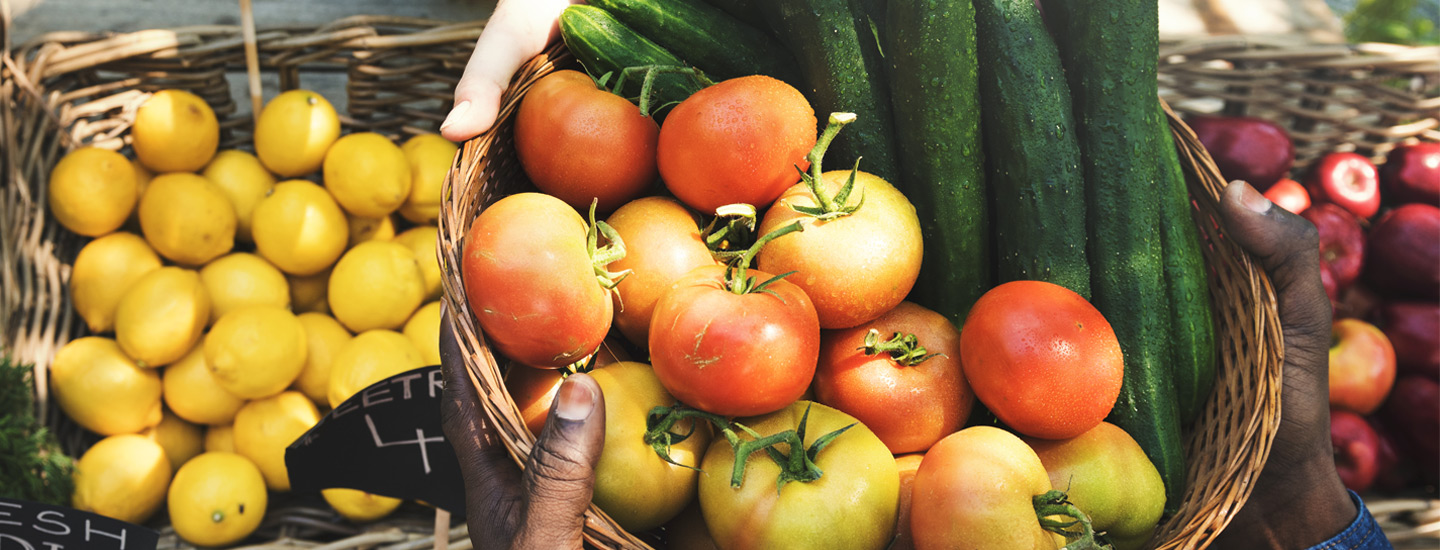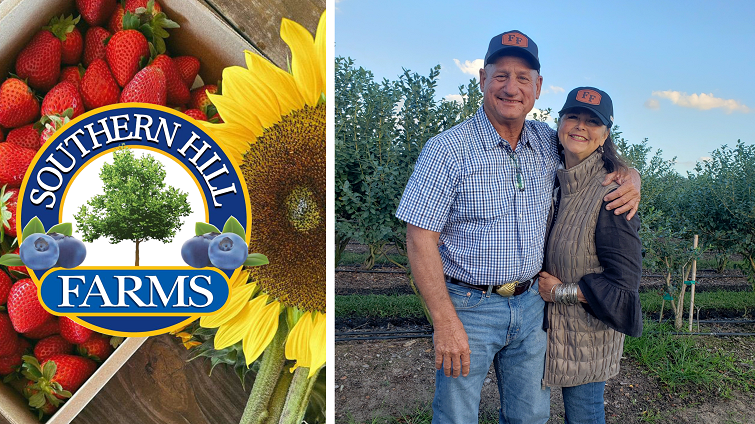One of the things we love about our state is the abundance of agriculture. With 300 commodities grown in Florida, there’s no lack of products to select from. Luckily, Florida’s farmers share our passion to feed as many people as possible. As a result, our network of food banks partners with local Florida farmers and ranchers to recover produce, protein and dairy products that have become available due to market or environmental conditions.
This abundance of agriculture is due to more than our warm weather. It’s also because of our state’s massive greenspace, and we have seen first-hand the sustainable measures Florida farmers and ranchers take to maintain our natural resources while preserving them for future generations.
By implementing the Florida Department of Agriculture and Consumer Services’ Best Management Practices, or BMPs, farmers and ranchers adopt proactive measures to reduce water and fertilizer and protect water quality. BMPs are critical to helping farmers and ranchers demonstrate their commitment to environmental protection to their local communities and local governments.
“We believe time on the farm is time well spent.”
David and Lisa Hill, owners of Southern Hill Farms in Lake County, Florida, are an outstanding example of this environmental stewardship.
The Hills were the third generation farming fresh market vegetables under Lisa’s family farm, when the Lake Apopka Restoration Act was passed by the state and it forced their vegetable farm to close.
“Farming and agriculture, it is in our blood.” When farming is a passion, you find a way. David and Lisa purchased a new farm in the hills of Clermont in 1999, officially starting Southern Hill Farms, growing 80 acres of landscaping trees and adding 40 acres of blueberries in 2010.
During these transition years, the Hills took environmental stewardship very seriously and looked into innovative ways to irrigate the land and deal with the farm’s sandy terrain. They began implementing BMPs like drip irrigation to deliver water and fertilizer in precise amounts to the plants, preventing runoff. They also began partnering with the city of Clermont to recycle treated wastewater from residents and use it as irrigation for the landscaping trees.
David Hill explained the benefits of these measures: “We are very proud of using reclaimed irrigation as the primary irrigation source at the farm. Over half of the farm is irrigated with reclaimed water. Not only does this give us great pride in our farming practices, but it also makes it easier for us to get a consumptive use permit for overhead irrigation when we need it, seeing as we responsibly utilize reclaimed water as much as we can.”
The Hill family was recognized by Florida Farm Bureau’s This Farm CARES program in 2017 for their efforts to be good environmental stewards. Today, the farming family continues to demonstrate their commitment to protecting the environment and often highlight their BMPs in action when visitors tour their agritourism farm in Clermont.
But sustainable farming doesn’t come without challenges. The biggest obstacle Southern Hill Farms faced was being creative and very careful with using reclaimed water, as it cannot touch any actual fruit. “While reclaimed water is used through drip irrigation for the strawberries and blueberries, and micro jets for the peaches, freeze protection requires the use of overhead irrigation that will touch the fruit. This requires a separate water source and two completely separate (and expensive) systems. While the first choice is always to use reclaimed water to irrigate, we have implemented weather stations on the farm so we can be sure to only freeze protect and use the fresh water when absolutely necessary.”
The Hills shared this message on their website: “Farming in Florida isn’t easy, it comes with a laundry list of unstable markets, severe weather challenges and pest invasion, just to name a few – all of which are completely out of a farmer’s control. For our family, there is nothing more satisfying than planting and caring for a crop, knowing it will bear fruit that nourishes the minds and bodies of people all over the world.”
-------
If you have any questions about our Farmers Feeding Florida program or you want to learn more about the network’s work with Florida farmers and ranchers, you can reach Cacee Hillard, Feeding Florida’s Agriculture Relations Manager, at cacee@feedingflorida.org.


